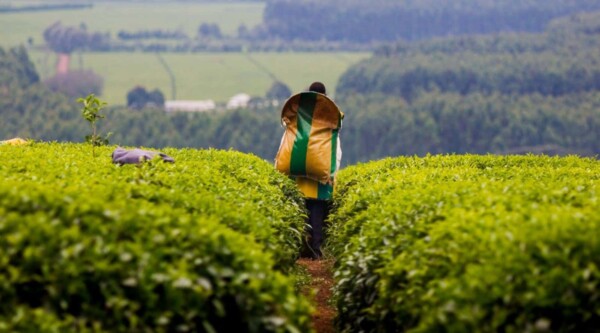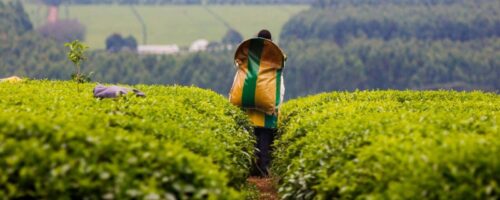
Kenya
How is it produced?
Because of the favourable climate of Kenya, large-scale tea plantations grow a wide varieties of teas, particularly black tea (such as Orange Pekoe). Workers tend to the fields, while other carry the produce to a local buying center.
Describe the supply chain to the store shelf in Canada:
After carrying the tea to the market, the product goes up for auction. Brokers, sellers, and agents then work to get the tea to markets across the globe. However, in the action there is no relationship between the producer and the seller. Anonymity can create unfair trade practices.
What is the power balance between the producer and seller?
There is a sizeable gap between the grower and the seller. To quote one source; “Workers face low wages, employment insecurity, long working hours, and sexual harassment, as well as a lack of adequate housing and health care.” Sellers and auctioneers make considerable profit.
Dolan, Catherine S. “In the Mists of Development: Fairtrade in Kenyan Tea Fields.” Globalizations 5, no. 2 (June 2008): Pp. 307.
Can you recommend changes to the system to improve the balance?
The power imbalance between the seller and producer needs to be resolved. I believe that strengthening the relationship between the two groups, and removing the anonymity at the auction house, is a major factor.
Eco-tourism also brings to light the inequality, while also offering another means of revenue based off tea. One quote that I find interesting is; “nature-based tourism may include culture tourism, village tourism and rural tourism, offering activities mainly based in the outdoors and in natural and unspoiled surroundings. This type of tourism activity has been fueled mainly by the growth in concern for the environment and a greater awareness of ecological fragility.”
Jolliffe, Lee, Tea and Tourism: Tourists, Traditions and Transformations. Tourism and Cultural Change. Clevedon, UK: Channel View Publications, 2007. Pp. 147.
References/Resources:
Image taken from: https://topictea.com/blogs/tea-blog/top-7-best-teas-from-kenya/
Dolan, Catherine S. “In the Mists of Development: Fairtrade in Kenyan Tea Fields.” Globalizations 5, no. 2 (June 2008): 305–18. doi:10.1080/14747730802057787.
Jolliffe, Lee. Tea and Tourism: Tourists, Traditions and Transformations. Tourism and Cultural Change. Clevedon, UK: Channel View Publications, 2007. https://search.ebscohost.com/login.aspx?direct=true&db=nlebk&AN=181425&site=eds-live&scope=site.

